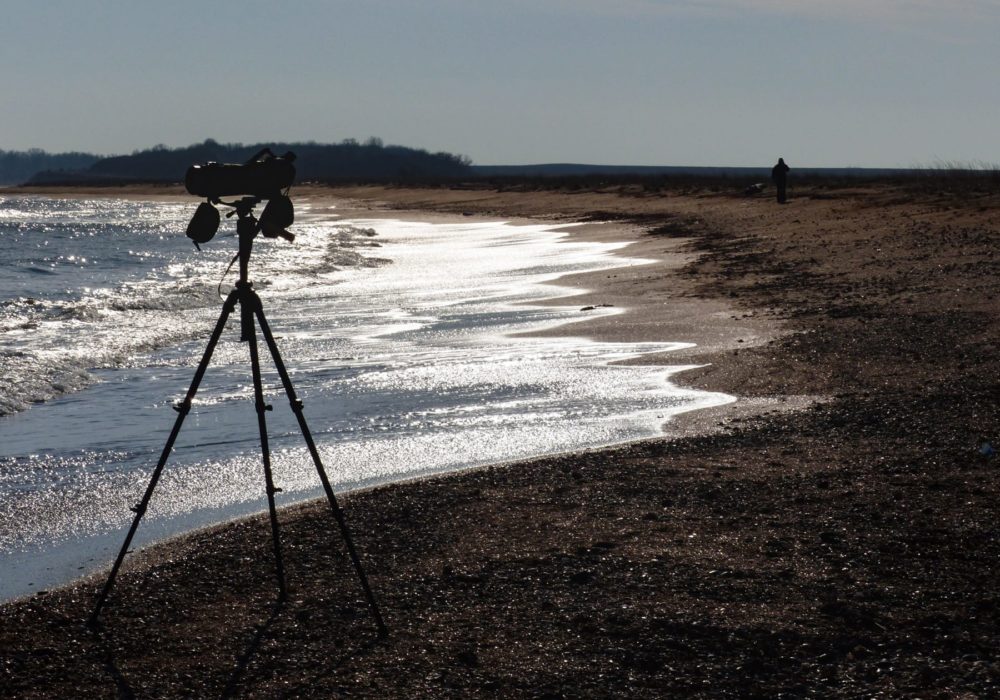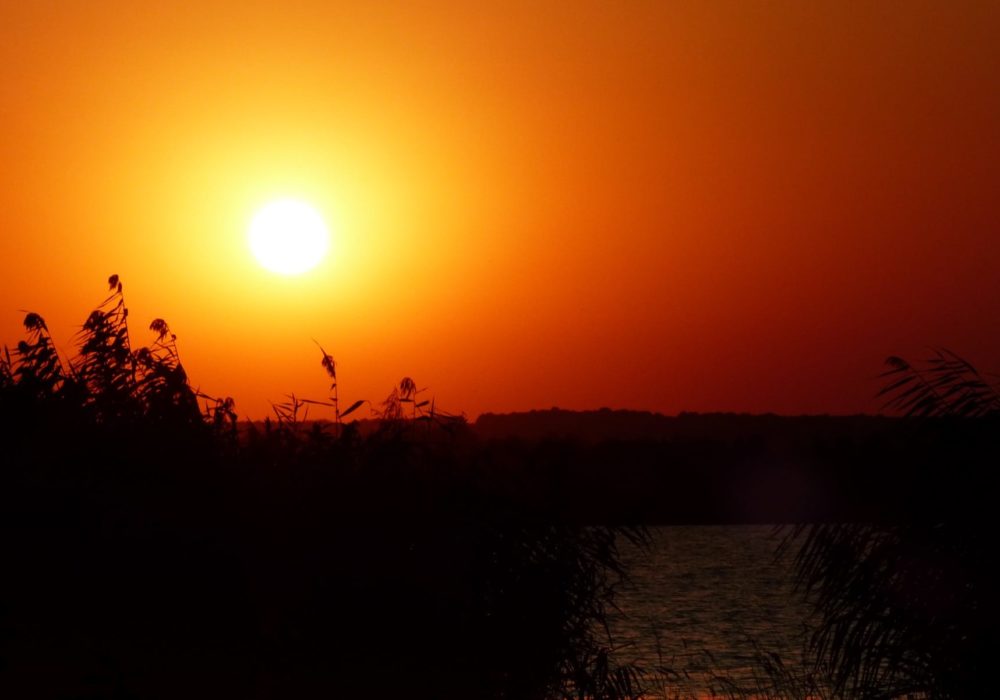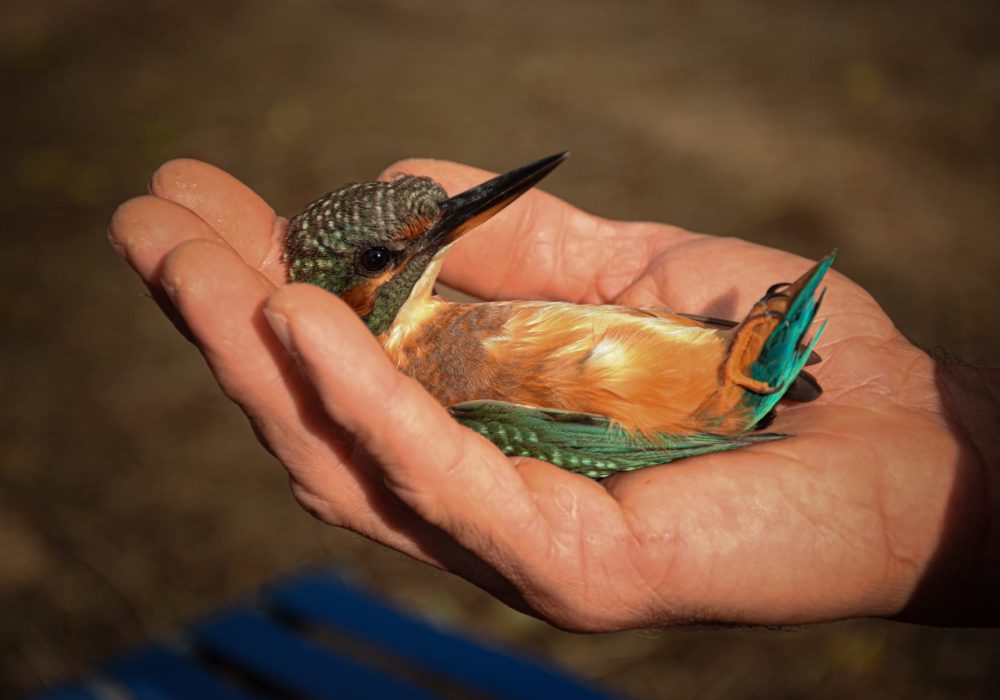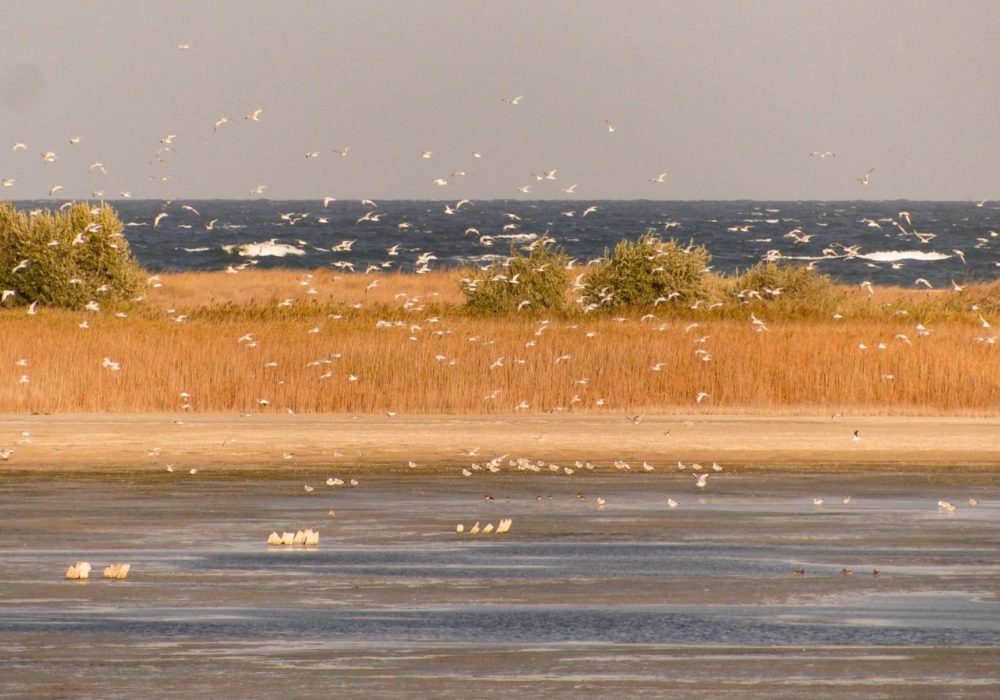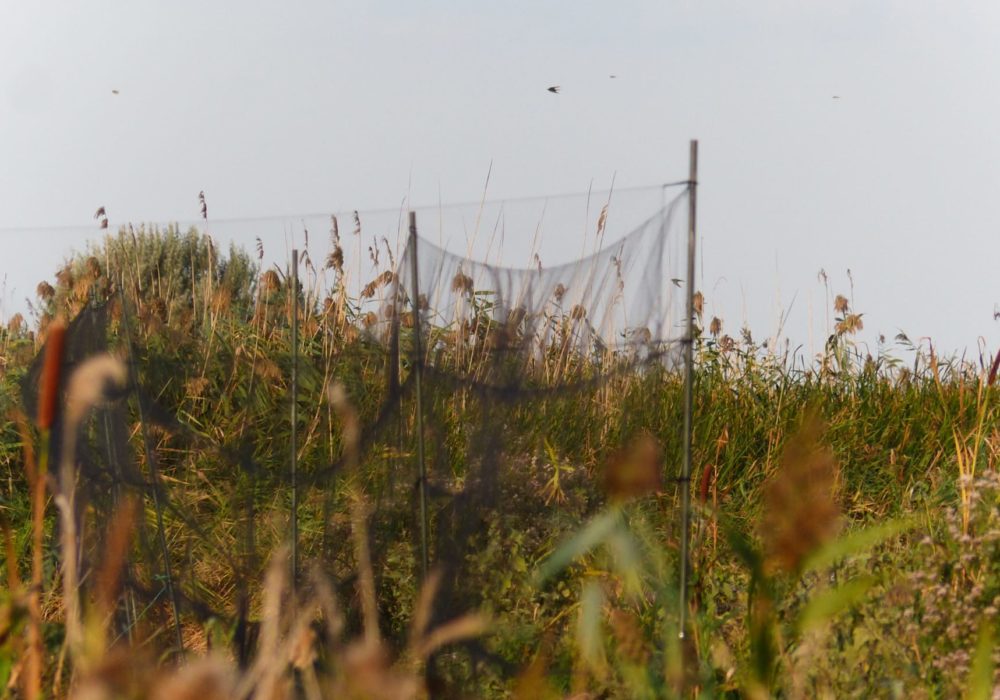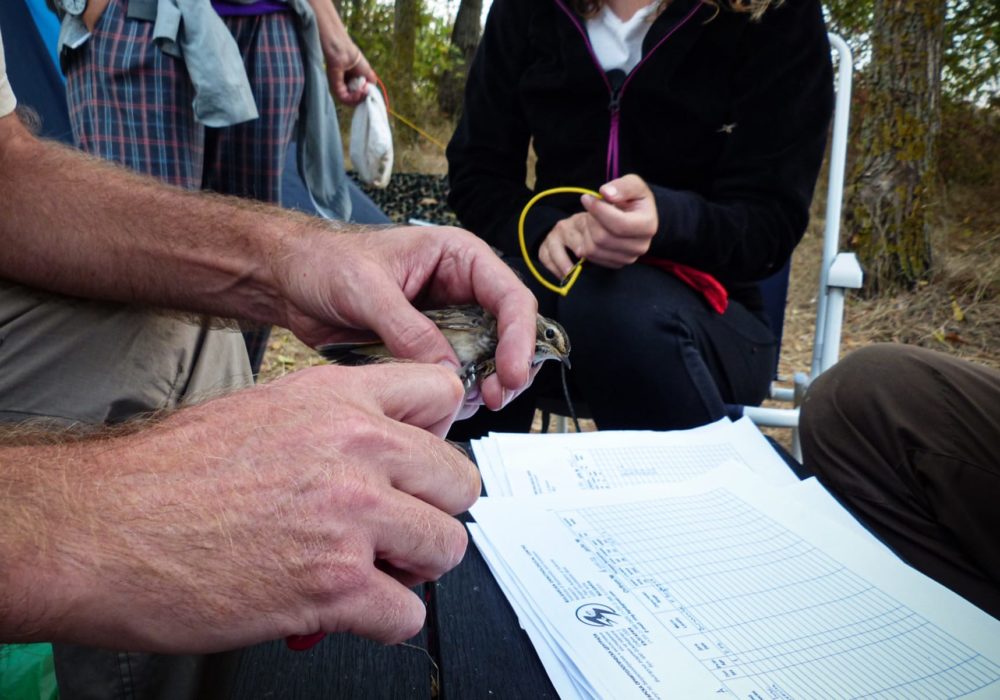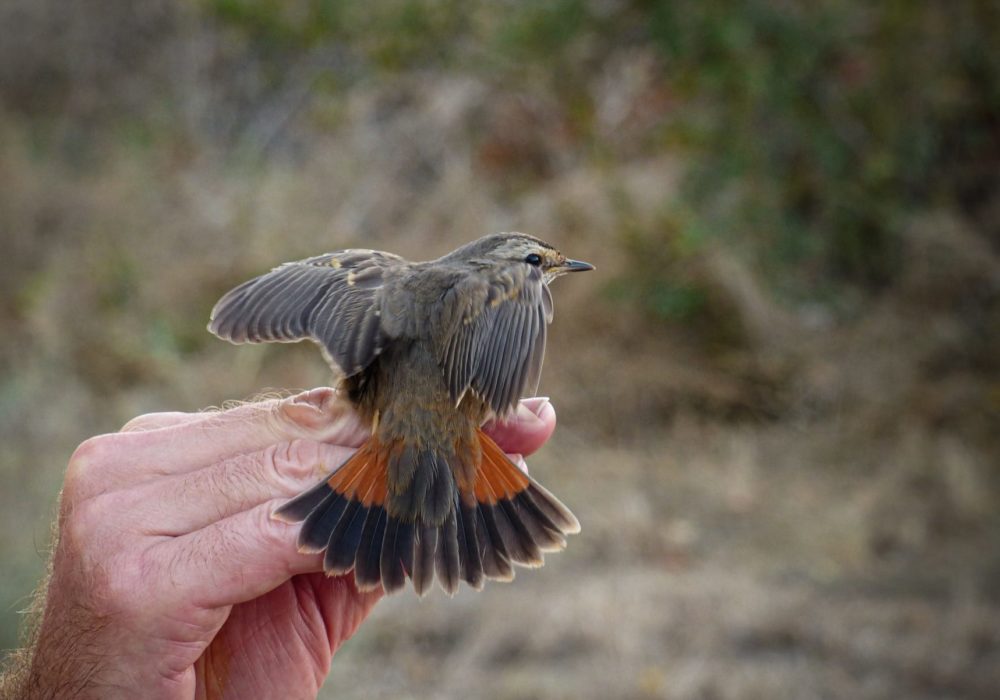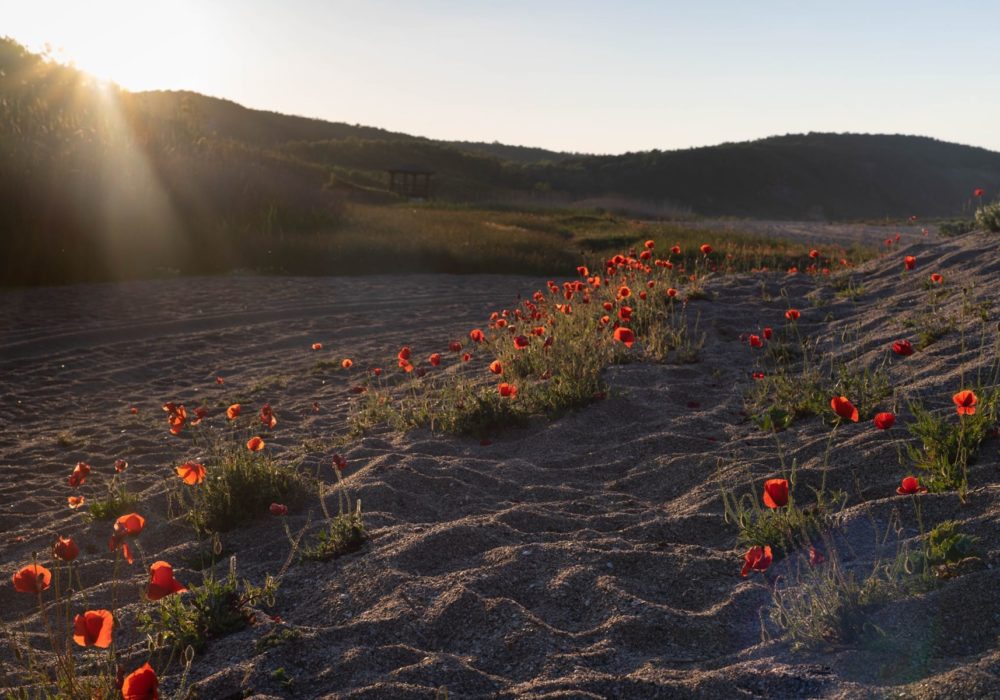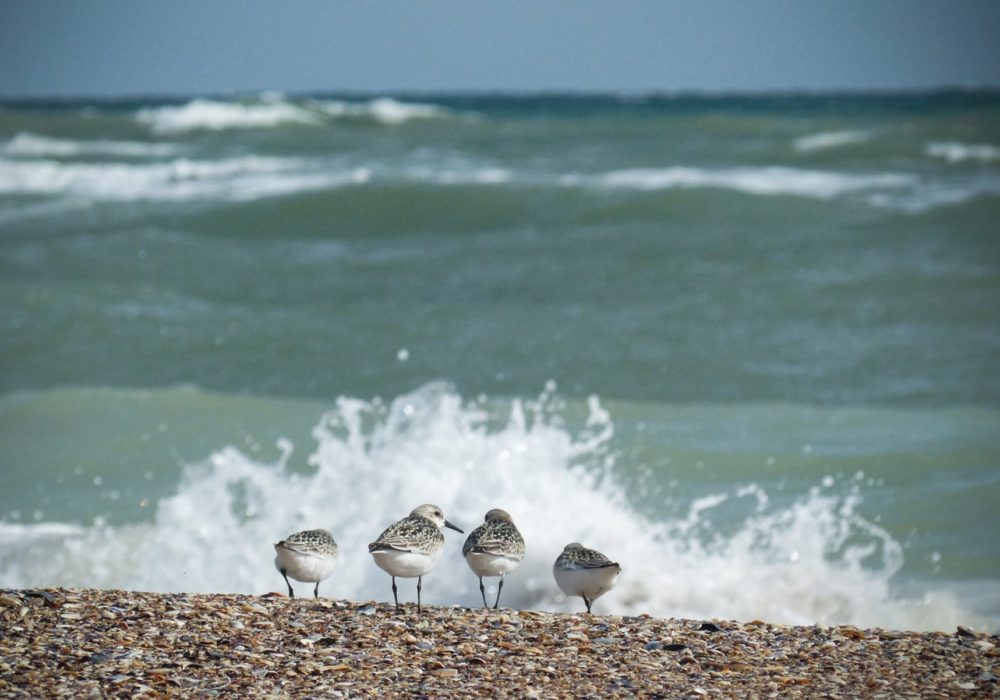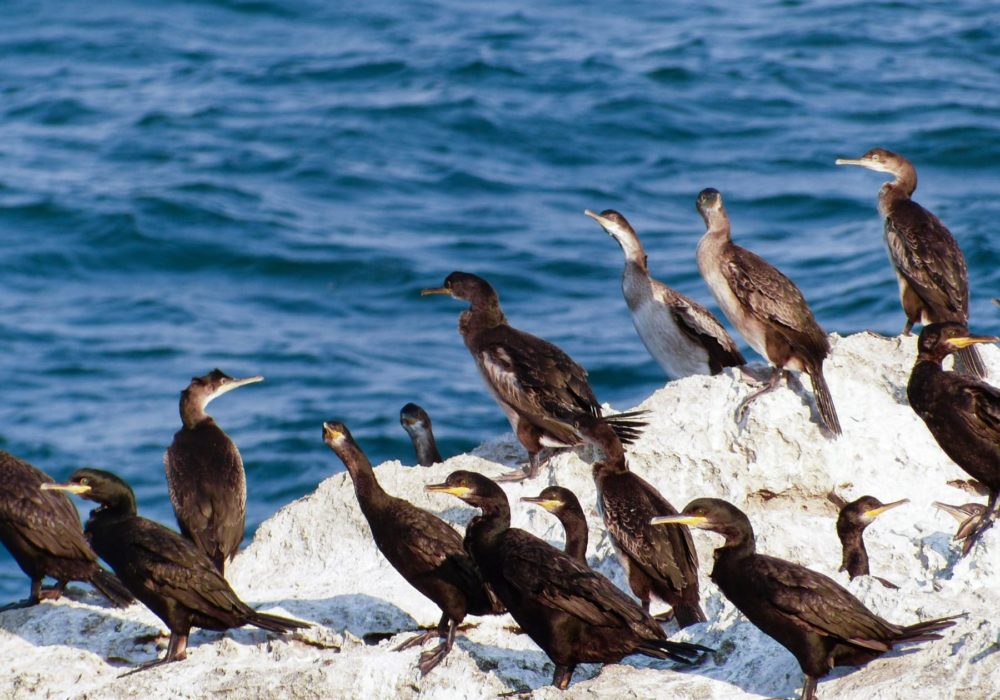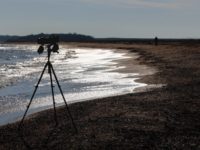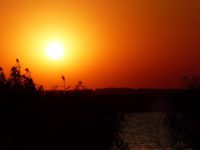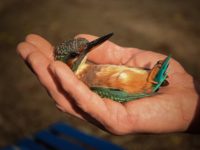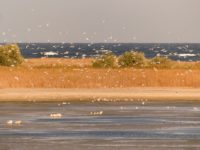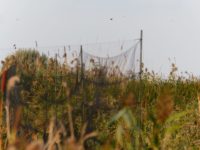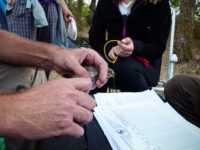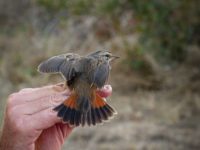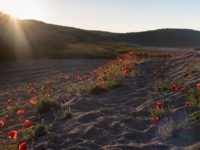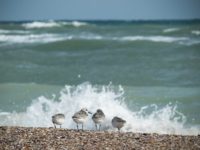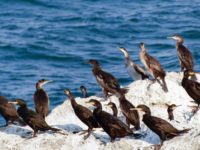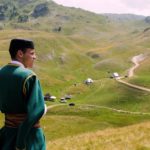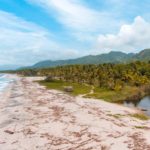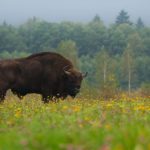Durankulak Bird Ringing Camp is a scientific research organized annually since 2019 from August till October at Durankulak Lake, NE Bulgaria by experts from Bulgarian Academy of Sciences, Balkani Wildlife Society, Le Balkan Foundation – Bulgaria and Dutch bird ringer Patrick Bergkamp. The scientists and bird-lovers started in 2019 the first systematic study of bird migration in the area and created the group O.R.I.O.L.U.S. The aim of the group is to make the annual camp a centre for scientific work, environmental education and protection. Durankulak Lake is a wetland of international importance located within a NATURA 2000 site, a protected area, and the best preserved part of the Black Sea coast.
The Durankulak Lake Birds Camp is looking for students and volunteers that want to learn how to ring and identify birds, their sex, age and specific subspecies features from hand. Previous experience with birds would be helpful. Participants in the camp will also learn how to report and counter threats to the fragile coastal and marine ecosystems.
Migration of birds was not systematically studied along the Northern Black Sea Coast of Bulgaria. There is no bird-ringing station in the region and also in the whole Varna and Dobrich provinces. Until 2019 occasional short term ringing activities, mostly during summer and autumn, have been carried-on at Durankulak Lake and Shabla Tuzla Lake (organized mostly by scientists from the Bulgarian Academy of Science). Although the studies didn’t cover long periods of time, they clearly show that these sites are very good resting sites for a high diversity of migratory birds, especially passerines and waders. Thus scientists and volunteers formed the group O.R.I.O.L.U.S. and decided to start long–term research there aiming to study the characteristics of the migration of passerine birds.
In August-October 2019 they organized the first autumn ringing session at Durankulak Bird Ringing Camp. The aim was to obtain information about the species composition of migrants and local birds, their numbers, timing and seasonal dynamics of migration, the existence of migration waves and their dependence on climatic factors, origin and flight direction of the migrants, time of resting of particular species at the site, etc.
A total of 9344 birds of 84 species were captured and ringed in autumn 2019. Durankulak Lake and its surroundings are very suitable places for setting a long-term ringing camp during autumn. The average number of birds captured per day per 100 meters of mist nets was 89.9.
The 2020 camp was even more successful with 13786 birds ringed from 93 species. The 2021 camp broke again the Bulgarian record with 16884 birds from 86 species.
High numbers were reached not only for many common long-distance migrants for the whole Europe but also for some much rarer and locally abundant species as red-breasted flycatcher (Ficedula parva), Savi’s warbler (Locustella luscinioides), river warbler (Locustella fluviatilis), moustached warbler (Acrocephalus melanopogon), bluethroat (Luscinia svecica).
Special interest represents the capture of in October 2020 of a new species for the Bulgarian fauna – dusky warbler (Phylloscopus fuscatus), whose breeding range is situated in Central and Eastern Asia. The same month two more Siberian vagrants were captured – the third overall observation and first ringing in the country of red-flanked bluetail (Tarsiger cyanurus) and the second ringing of yellow-browed warbler (Phylloscopus inornatus). The capture of five citrine wagtails (Motacilla citreola) in 2019 is also very interesting – it is a very rare transitional migrant in Bulgaria. Timing and scale of autumn migration of this species over the country still remains unknown.
The purpose of the future activities is to gather data about the species composition and timing of the passerine migration comparable to the results obtained in the neighboring functioning stations as Atanasovsko Lake (Bulgaria), Kalimok (Bulgaria), Chituc (Romania), Agigea (Romania) and Kizil Irmak delta (Turkey).
The interest in the field studies increases every year. 45 experts and volunteers from Bulgaria and abroad participated in 2019, 80 in 2020, and 89 in 2021. Successful camps would promote nature-conservation of the Black Sea.
Photo credits:
© Andrey Ralev, www.perangua.com: 1, 2, 4, 5, 6, 7, 9, 10
© Kristiyan Dimitrov: 3
© Rosa Vroom, www.rosavroom.co: 8
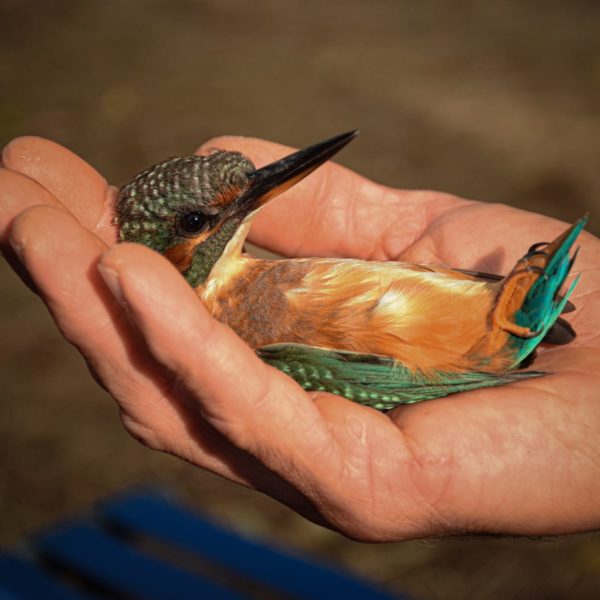 Durankulak
Bird Ringing
Durankulak
Bird Ringing
 Bulgarian
Bulgarian English
English Russian
Russian

